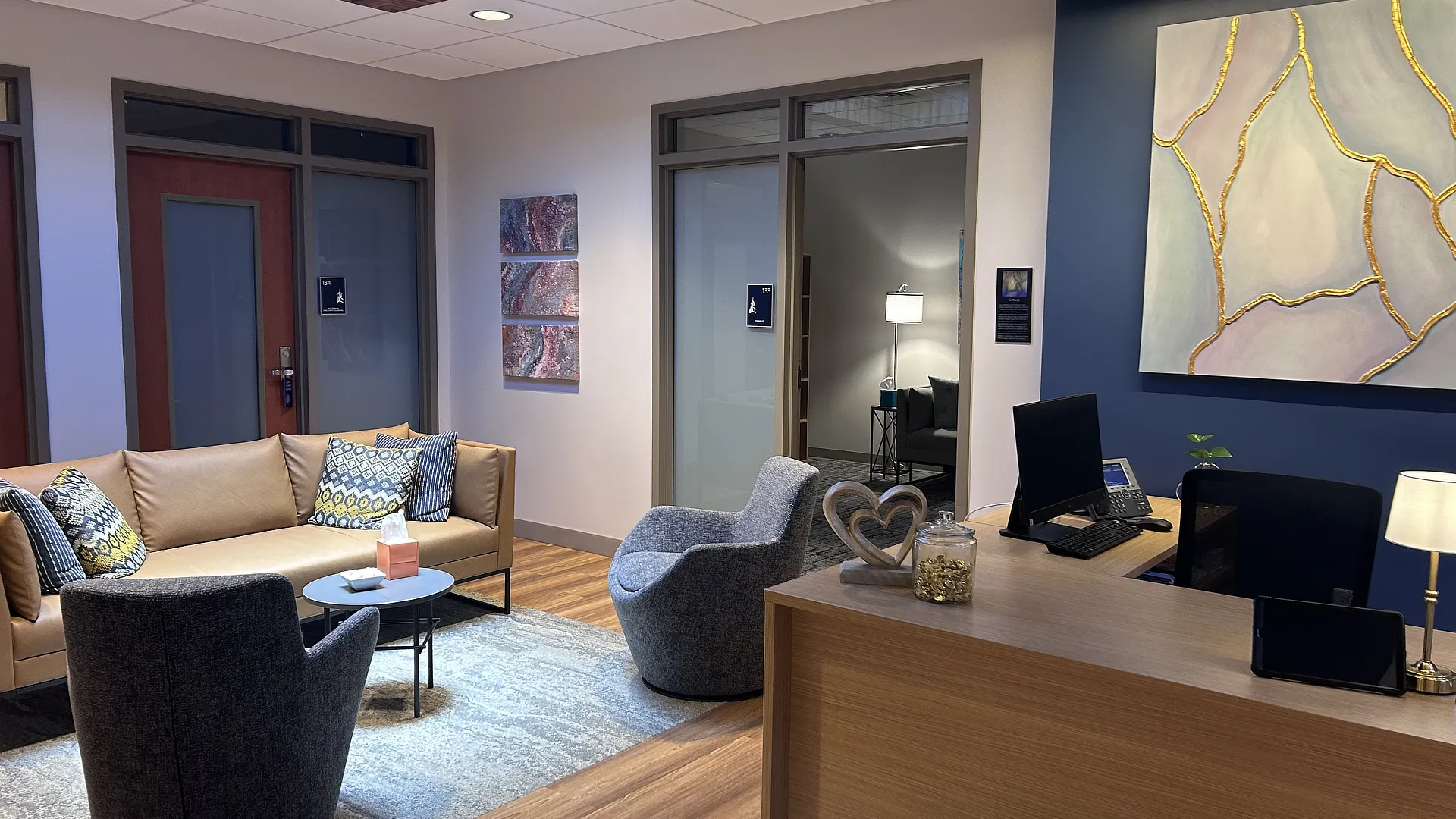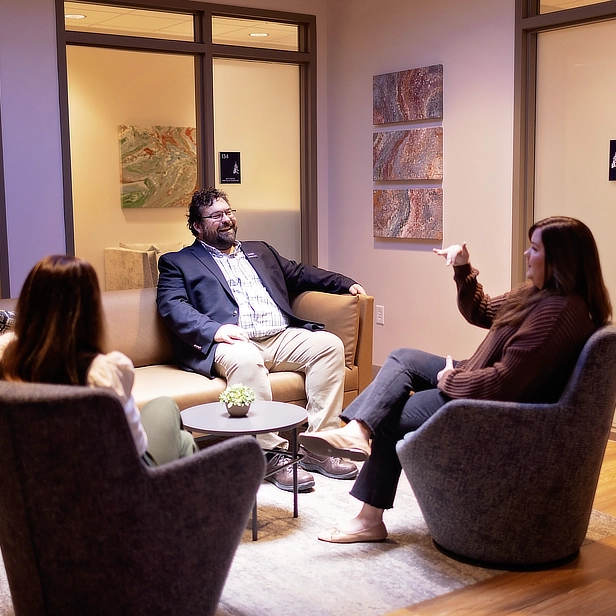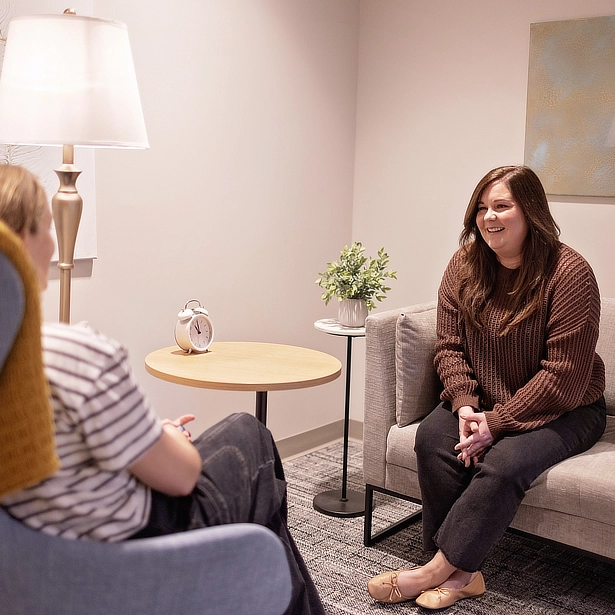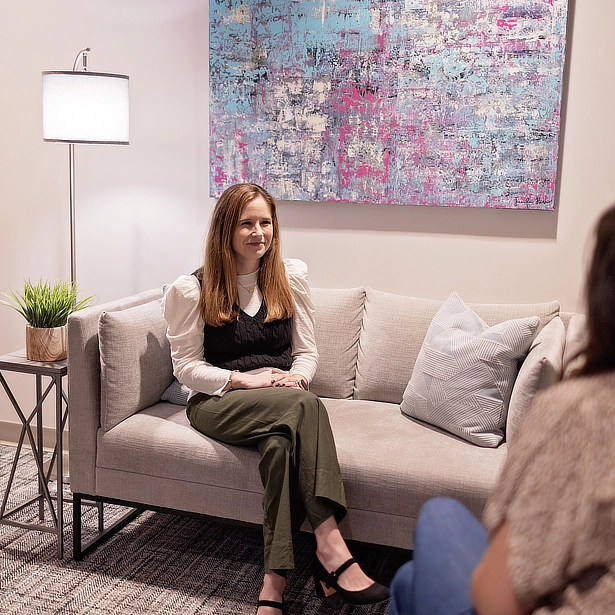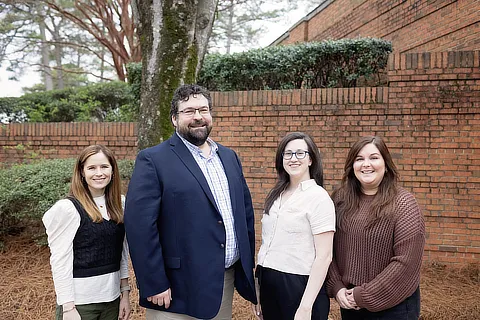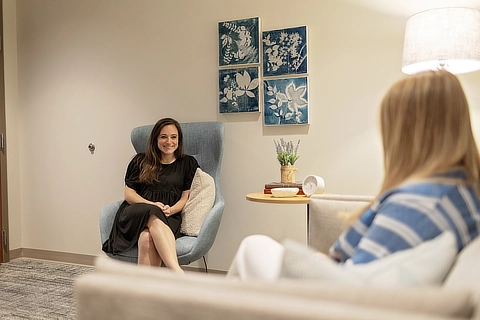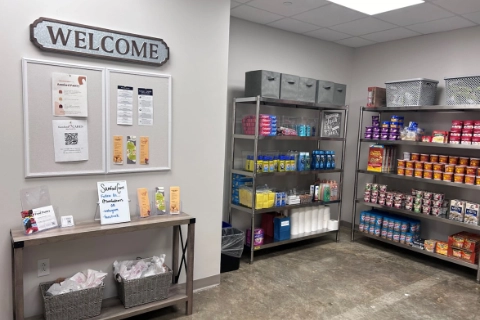Staff



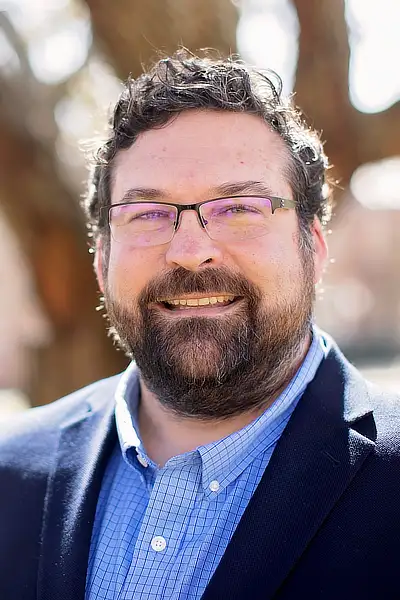
Counseling Interns

Macy is a Master of Social Work (MSW) student at Samford University, studying under the supervision of Rich Yoakum. Originally from Oklahoma, she moved to Birmingham over a year ago to pursue her goal of becoming a Licensed Clinical Social Worker (LCSW). Macy holds a bachelor’s degree in Human Development and Family Science from the University of Georgia.
She enjoys welcoming students into her office, where each person’s presence is valued and respected. Macy strives to create a safe, supportive space for individuals to reflect on and navigate the various aspects of life that shape their experiences. As a Christian, she finds meaning in walking alongside others as they explore their faith journeys, while also honoring and supporting those from all backgrounds and belief systems.

Drue is a Master of Arts in Clinical Mental Health Counseling (MACMHC) student at Colorado Christian University, supervised by Rich Yoakum. Originally from St. Louis, Missouri, she has called Birmingham home for the past ten years.
Her counseling approach integrates cognitive behavioral and person-centered techniques to meet each client’s unique needs. Drue believes that healing happens in a space of safety, empathy, and grace, and she strives to offer that to every person she meets. She is passionate about supporting college students as they navigate life’s challenges, gain deeper self-understanding, and build meaningful lives during this formative season.

